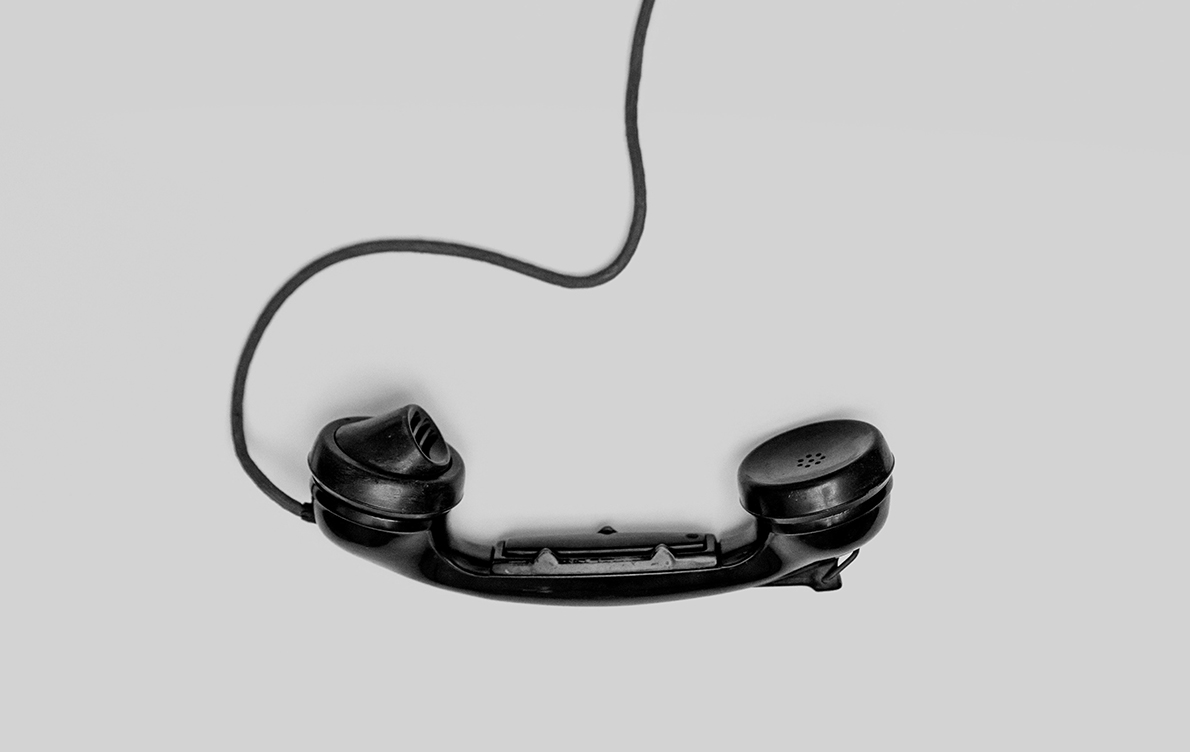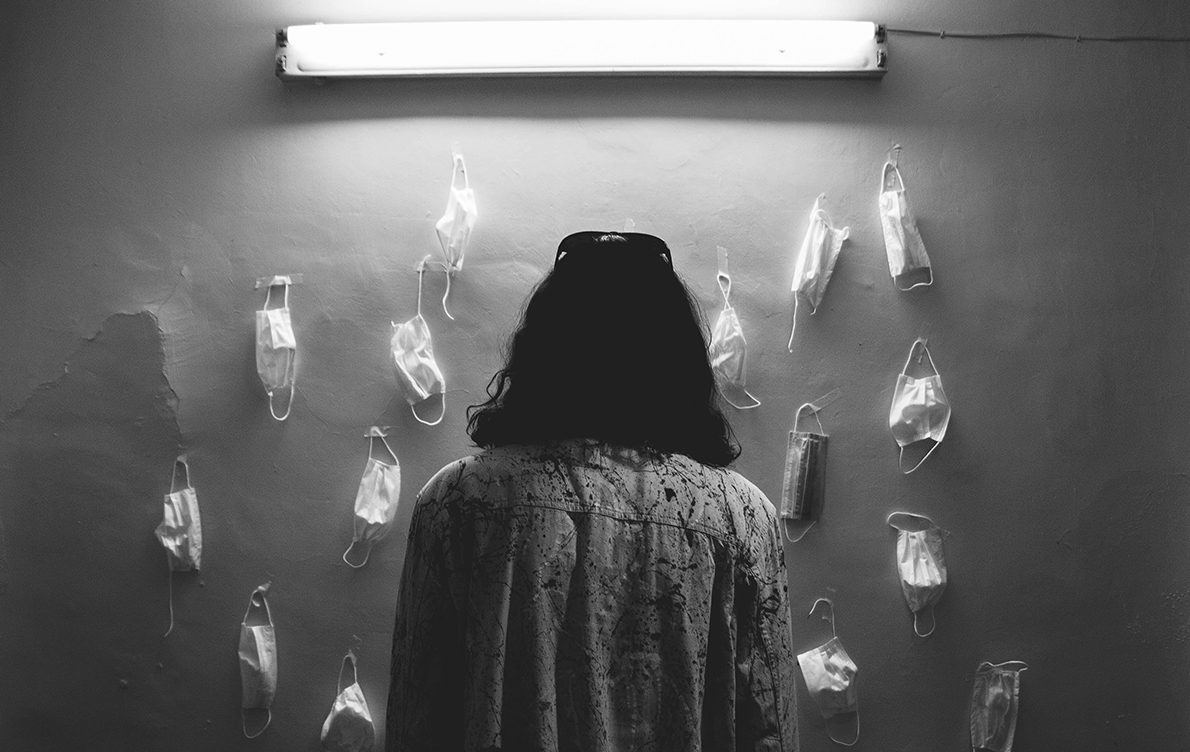New York City Employers Take Heed: State’s Highest Court Rejects Affirmative Defense to Harassment Claims Under New York City Human Rights Law
New York City employers should take note of a recent decision that will make it easier for employees to hold employers liable for harassment in the workplace. Since the late 1990s, many employers have relied upon what is commonly termed the “Faragher-Ellerth Defense” to defend against claims of unlawful harassment. On May 6, 2010, in Zakrzewska v. The New School, 2010 WL 1791091 (2010), the New York Court of Appeals (New York’s highest Court) held that the Faragher-Ellerth Defense is not available to claims brought under New York City’s Human Rights Law (“NYCHRL”).
Under Supreme Court decisions, Faragher v. City of Boca Raton, 524 U.S. 775 (1998) and Burlington Industries, Inc. v. Ellerth, 524 U.S. 742 (1998), an employer is entitled to an affirmative defense against a harassment claim where: (i) there is no tangible employment action (i.e., the employee is not terminated, demoted, subject to reassignment), (ii) “the employer exercised reasonable care to prevent and correct promptly any sexually harassing behavior,” and (iii) “the plaintiff employee unreasonably failed to take advantage of any preventive or corrective opportunities provided by the employer or to avoid harm otherwise.” Zakrzewska v. The New School, 598 F.Supp.2d 426 (S.D.N.Y. 2009). In other words, where the employer has taken all appropriate action and the employee declines to avail him/herself of the policies and opportunity for correction, the employer may avoid liability for harassment. This defense has proven quite valuable to diligent employers.
The Zakrzewska Court based its decision to reject this defense on the specific language of the NYCHRL, as well as its legislative history. The Court noted the law’s language, which provides that anti-discrimination policies and procedures may be considered “in mitigation” of the amount of penalties and punitive damages awarded. However, the Court held that under the NYCHRL such policies do not provide an absolute defense to such claims.
The impact of this decision is that it will now be easier for employees to bring harassment claims under the NYCHRL and to hold employers liable for their supervisor’s actual harassment and/or failure to properly respond to claims of harassment in the workplace. Given Zakrzewska, it is even more important for New York City employers to establish suitable anti harassment workplace policies and train supervisors regarding appropriate workplace conduct.
No aspect of this advertisement has been approved by the highest court in any state.
Results may vary depending on your particular facts and legal circumstances.
As the law continues to evolve on these matters, please note that this article is current as of date and time of publication and may not reflect subsequent developments. The content and interpretation of the issues addressed herein is subject to change. Cole Schotz P.C. disclaims any and all liability with respect to actions taken or not taken based on any or all of the contents of this publication to the fullest extent permitted by law. This is for general informational purposes and does not constitute legal advice or create an attorney-client relationship. Do not act or refrain from acting upon the information contained in this publication without obtaining legal, financial and tax advice. For further information, please do not hesitate to reach out to your firm contact or to any of the attorneys listed in this publication.
Join Our Mailing List
Stay up to date with the latest insights, events, and more






